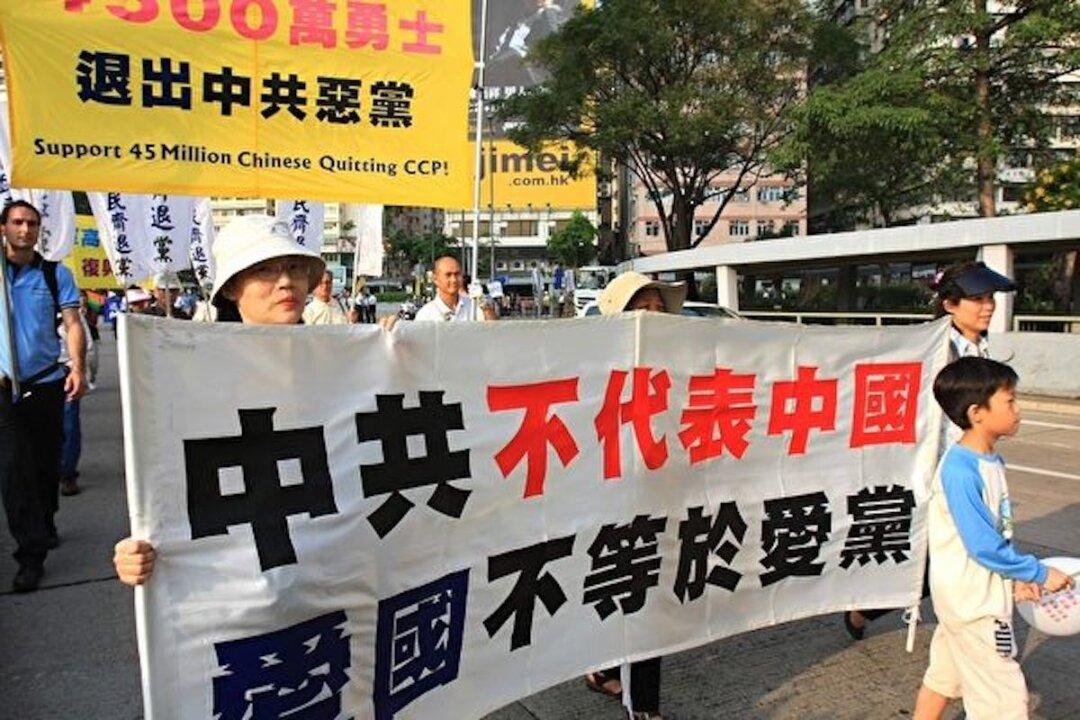Commentary
It’s indisputable that China and the United States have moved from cooperation to confrontation in their relationship, with trade, economics, science, technology, finance, and the military as sectors in the battle.

It’s indisputable that China and the United States have moved from cooperation to confrontation in their relationship, with trade, economics, science, technology, finance, and the military as sectors in the battle.